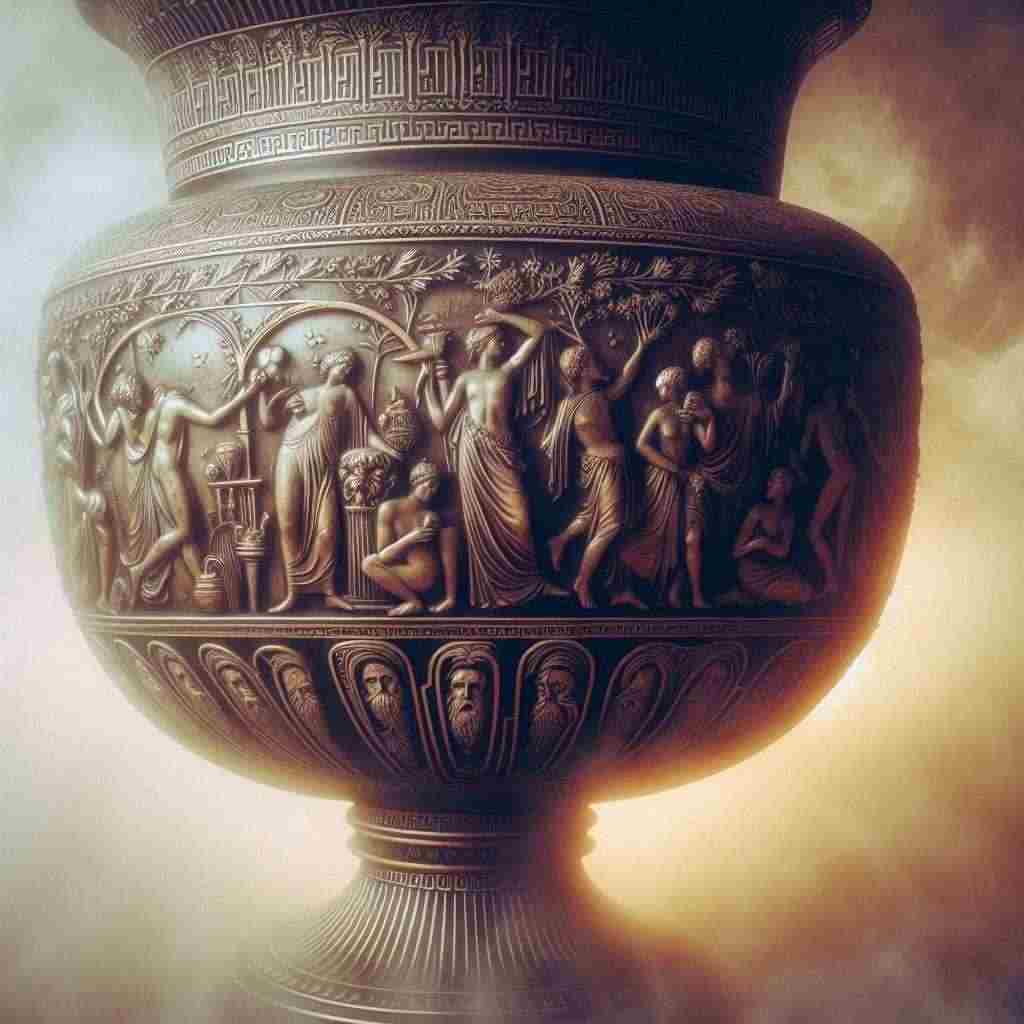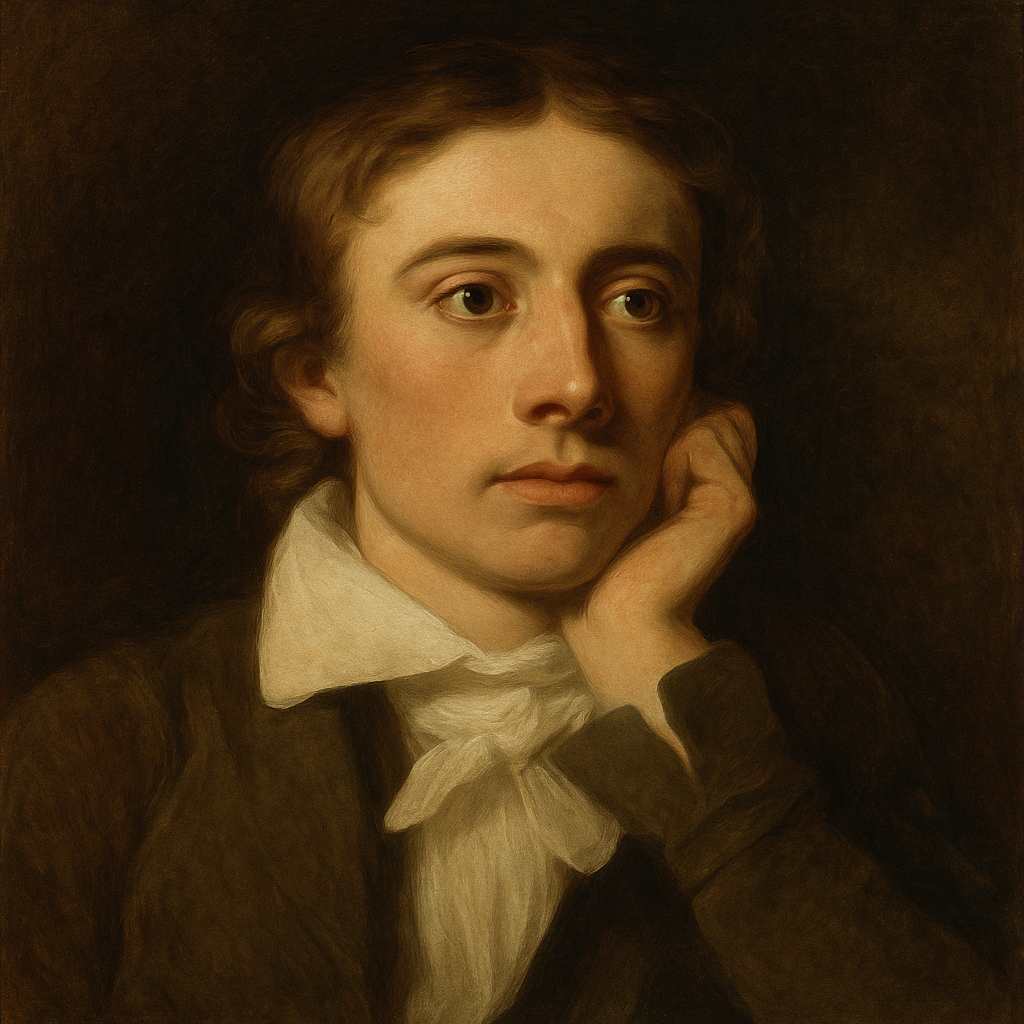Ode on a Grecian Urn
John Keats
1795 to 1821

Track 1
Reconstruct the poem by dragging each line into its correct position. You can also use the up (↑) and down (↓) arrows to move a line one place at a time, or the top (⇑) and bottom (⇓) arrows to move a line directly to the top or bottom. Your goal is to reassemble the original poem as accurately as possible. As you move the lines, you'll see whether your arrangement is correct, helping you explore the poem's flow and meaning. You can also print out the jumbled poem to cut up and reassemble in the classroom. Either way, take your time, enjoy the process, and discover how the poet's words come together to create something truly beautiful.
Easy Mode - Auto check enabled
A burning forehead, and a parching tongue.
When old age shall this generation waste,
Is emptied of this folk, this pious morn?
Thou still unravish'd bride of quietness,
Though winning near the goal yet, do not grieve;
As doth eternity: Cold Pastoral!
Ah, happy, happy boughs! that cannot shed
All breathing human passion far above,
O Attic shape! Fair attitude! with brede
That leaves a heart high-sorrowful and cloy'd,
Why thou art desolate, can e'er return.
A flowery tale more sweetly than our rhyme:
Bold Lover, never, never canst thou kiss,
What men or gods are these? What maidens loth?
And, little town, thy streets for evermore
Beauty is truth, truth beauty, - ”that is all
Ye know on earth, and all ye need to know.
With forest branches and the trodden weed;
Thou shalt remain, in midst of other woe
And, happy melodist, unwearied,
What mad pursuit? What struggle to escape?
To what green altar, O mysterious priest,
For ever panting, and for ever young;
Or mountain-built with peaceful citadel,
More happy love! more happy, happy love!
Of deities or mortals, or of both,
Will silent be; and not a soul to tell
Than ours, a friend to man, to whom thou say'st,
Of marble men and maidens overwrought,
Thy song, nor ever can those trees be bare;
She cannot fade, though thou hast not thy bliss,
In Tempe or the dales of Arcady?
Are sweeter; therefore, ye soft pipes, play on;
Who are these coming to the sacrifice?
Your leaves, nor ever bid the Spring adieu;
Heard melodies are sweet, but those unheard
Fair youth, beneath the trees, thou canst not leave
And all her silken flanks with garlands drest?
What little town by river or sea shore,
For ever wilt thou love, and she be fair!
For ever piping songs for ever new;
Lead'st thou that heifer lowing at the skies,
Sylvan historian, who canst thus express
What leaf-fring'd legend haunts about thy shape
Pipe to the spirit ditties of no tone:
For ever warm and still to be enjoy'd,
Thou, silent form, dost tease us out of thought
What pipes and timbrels? What wild ecstasy?
Not to the sensual ear, but, more endear'd,
Thou foster-child of silence and slow time,


